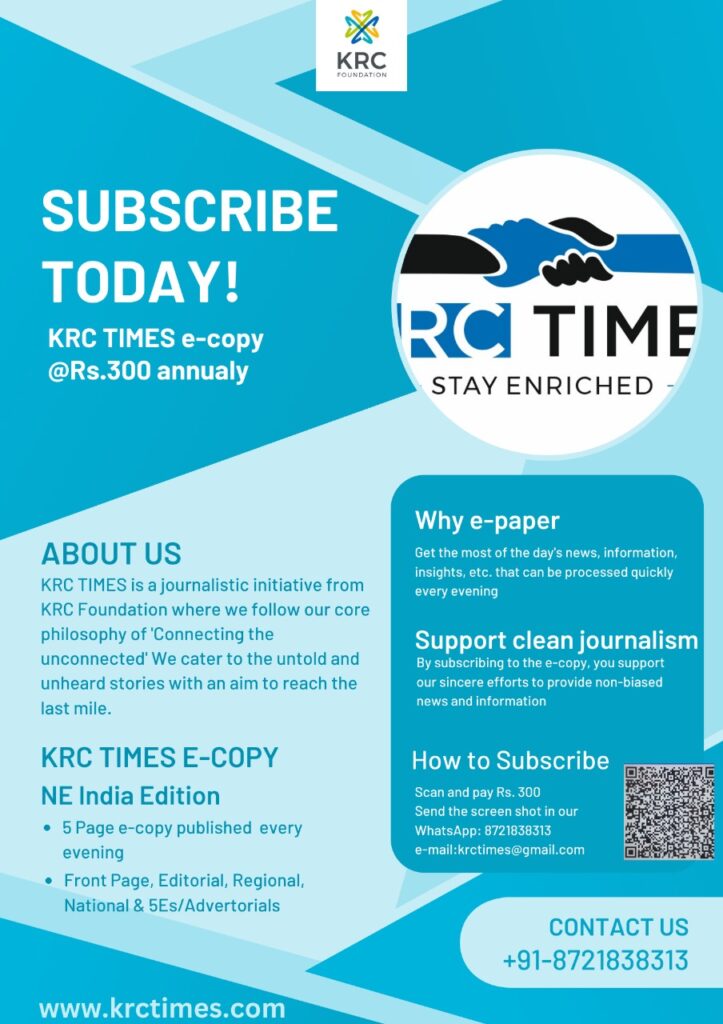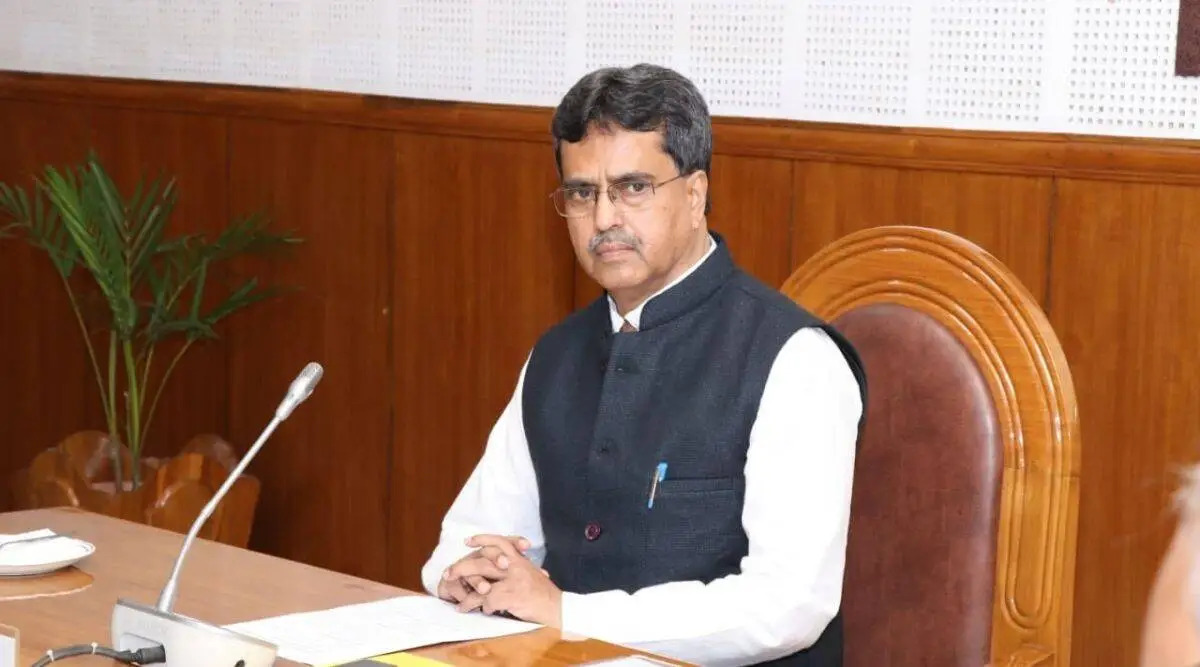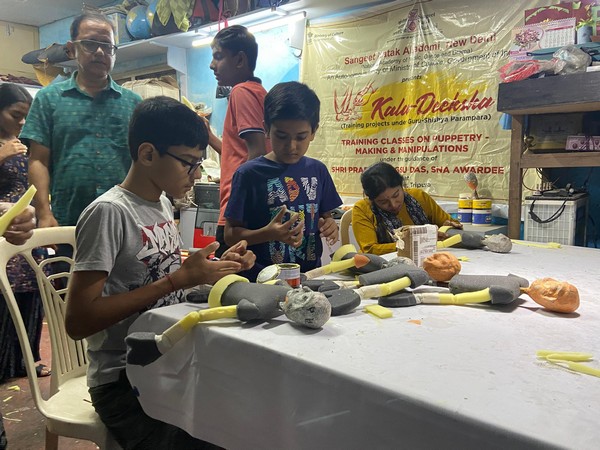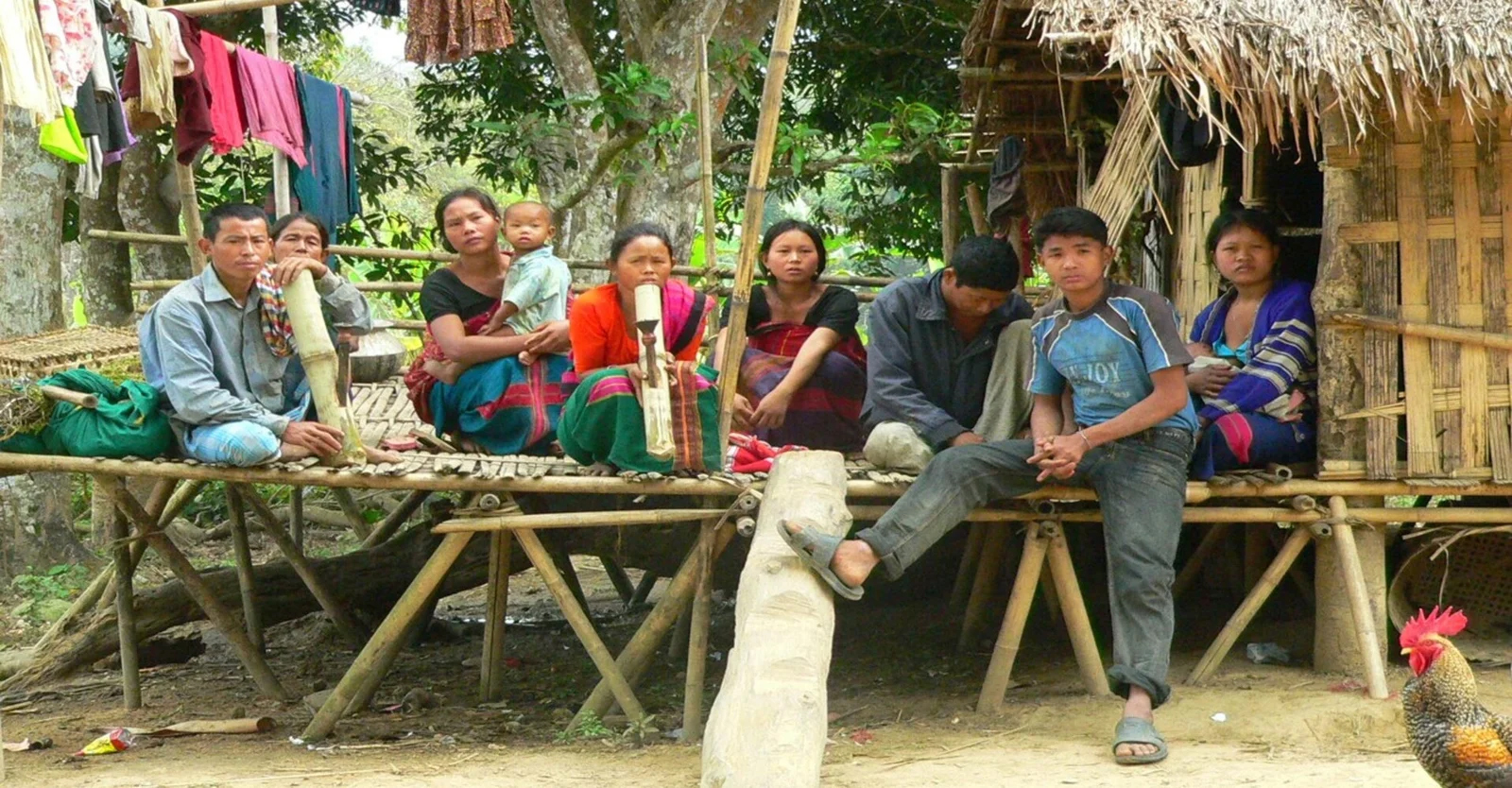In a narrative that defies conventional boundaries, Biplab Goswami, a native of Agartala, Tripura, has emerged as a luminary in the world of cinema, captivating audiences globally with his remarkable storytelling prowess
 KRC TIMES NE Desk
KRC TIMES NE Desk
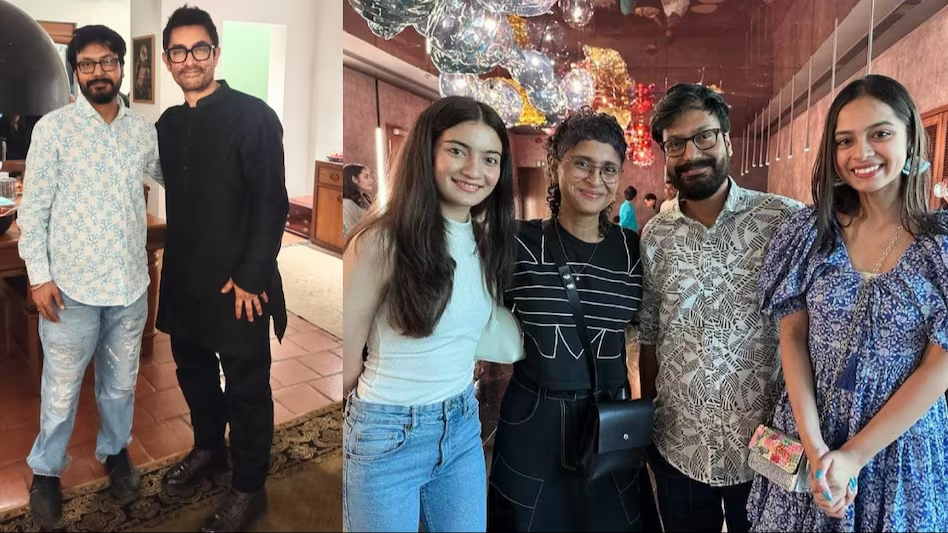
In a narrative that defies conventional boundaries, Biplab Goswami, a native of Agartala, Tripura, has emerged as a luminary in the world of cinema, captivating audiences globally with his remarkable storytelling prowess.
Goswami’s journey from the serene landscapes of Tripura to the vibrant realm of Bollywood is nothing short of inspiring. Armed with a dream to carve his niche in the cinematic universe, he embarked on a path fueled by passion and determination.
Meet Biplab Goswami, a screenwriter residing in Agartala, the capital city of Tripura, who stands as the driving force behind the success of “Laapata Ladies,” a film garnering accolades on social media. The movie earned 2.2 million views in its debut week on Netflix, claiming the fifth spot globally.
Directed by Kiran Rao and produced by Aamir Khan Productions, “Laapata Ladies” has ushered in a new wave of Bollywood cinema.
Goswami, the screenwriter of the film, has gained global recognition for shedding light on the issues women face in Indian society. It’s a narrative that evokes laughter, smiles, and inspires viewers to stand up for themselves.
Reflecting on his journey from Tripura to the silver screen, “I was born and raised here in Agartala, Tripura. After completing my basic education, I harbored dreams of becoming a film writer and director. Following my graduation in Tripura, I enrolled in the Satyajit Ray Film & Television Institute to study Film Editing, aiming to grasp the technical aspects of film-making. After completing my studies, I ventured into the industry, working as a writer and director. I produced numerous documentaries, short films, and more. Eventually, I made the move to Mumbai, where I edited two Hindi movies and began my career there.”
Goswami recounted how his work found recognition in various film festivals across Australia, Austria, Syria, Germany, and India, spanning different categories.
“Eventually, I decided to step away from film editing to focus on nurturing my creative content for films. I returned to Kolkata from Mumbai and developed a script that would become ‘Laapata Ladies,'” he explained.
He revealed that he initially conceived the story with the intention of directing it himself.
“From the outset, the concept resonated deeply with me, and now, it’s not only a blockbuster in India but also in Bangladesh and several other countries. Audiences worldwide are applauding our work, and the film premiered at the Toronto World Film Festival in Canada before being showcased in Indonesia, Australia, the USA, Ireland, and various other film festivals,” he shared with the publication.
How did you come up with the idea for writing a story like Laapata Ladies?
The idea for “Laapata Ladies” stemmed from my observations of gender discrimination, which became apparent to me from childhood and only grew more pronounced as I matured. This issue persists even in the 21st century, and I felt compelled to address it, particularly after encountering stark examples during my studies at SRFTI. A few years back, I visited a village where I witnessed a girl walking alone through the fields, her veil drawn up to her chest despite the absence of anyone nearby. This image stuck with me and served as a poignant reminder of the gender disparities prevalent in our society. Unlike many projects, “Laapata Ladies” wasn’t assigned to me, nor was it solicited by any producer or production house. Instead, it arose from my desire to shed light on the discrimination faced by women in my country and beyond. My travels across various landscapes — cities, villages, and hills — only reinforced the stark differences in opportunities and freedoms afforded to men and women. While such disparities may be less conspicuous in urban areas, they remain deeply entrenched in rural communities. It’s this stark reality that prompted me to embark on the journey of writing “Laapata Ladies,” a story that delves into the struggles and resilience of women navigating a world rife with inequality.
Tell us about the selection of your script and how it happened?
Around 10 years ago, I crafted the synopsis and then devoted some time to research. Towards the end of 2018, the Cinestaan Script Contest, perhaps the most significant script contest in India, was announced. This contest welcomed scriptwriters from other countries to submit entries for Hindi films. Among the 4,000 scriptwriters who participated, the top 5 were selected. The judging panel included prominent figures like Aamir Khan, Rajkumar Hirani, Juhi Chaturvedi, and Anjum Rajabali. To be honest, I couldn’t have imagined this happening. I was selected as the second-best, receiving an award from Aamir Khan himself. Later, Aamir invited me to his house to discuss the script, mentioning that Kiran wanted to direct it and Aamir wanted to produce it. This news brought a mix of happiness and sadness, as I had originally envisioned directing it myself.
After more than a year of contemplation, I decided to collaborate. The decision-making process wasn’t easy, but eventually, I embraced the opportunity. A team effort commenced, coinciding with the onset of the Covid pandemic. I was present during the shooting, which began in Shirdi. The atmosphere was tense due to the pandemic, but despite the challenges, the journey was immensely rewarding. Corrections were made along the way, contributing to the refinement of the project.
Was it a memorable moment for you?
That’s right. The kind of content Aamir works with in Hindi films is really commendable. Being able to work with him is a great achievement. And Kiran, as the director, is very balanced. She’s a brilliant director and a good person too. She directed the film with skillful hands.
What is your next plan?
This time I will work not only as a storyteller, but also as a director. Want to work more on gender equality. This issue has persisted in both urban centers and rural areas for years, requiring a profound reevaluation. Instead of viewing individuals through the lens of gender, it’s time to approach them as human beings.
Advertisement | KRC Times
